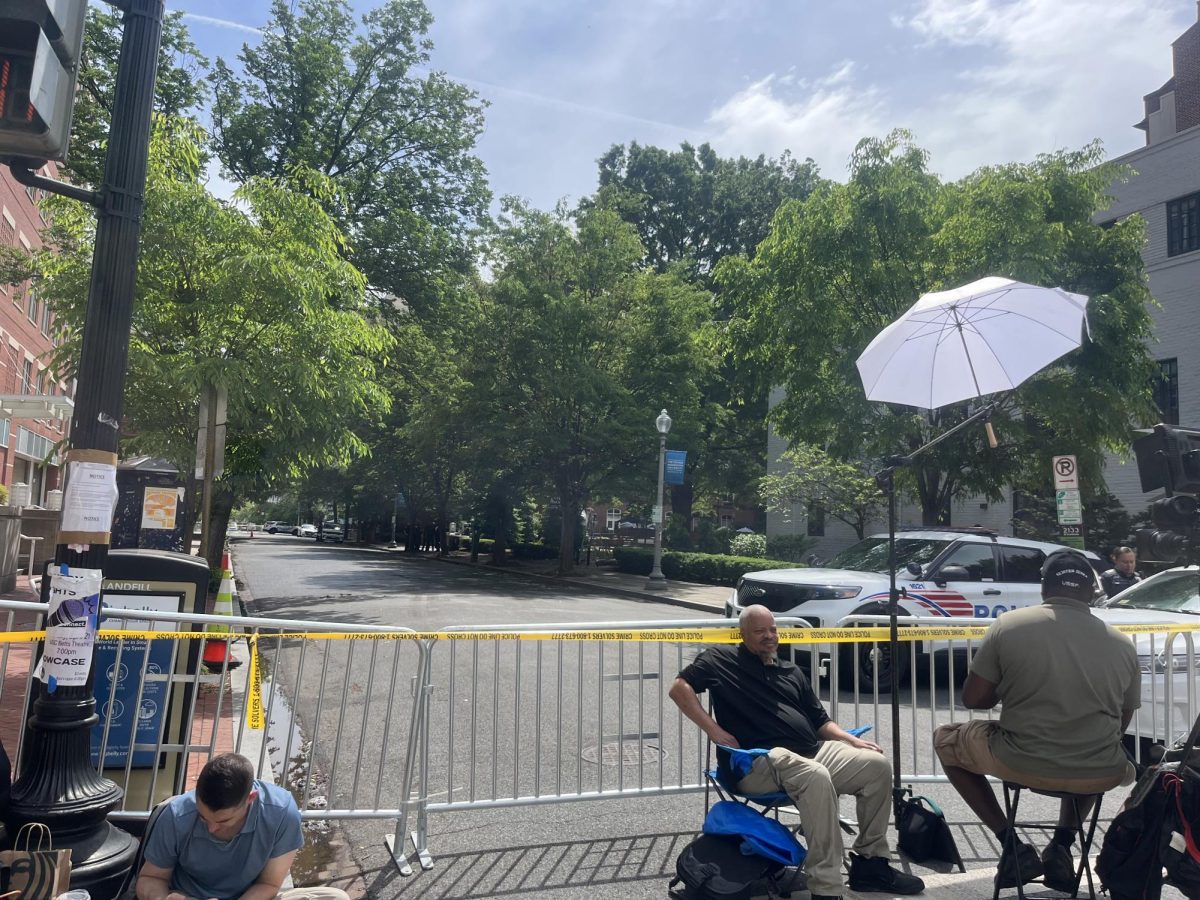“
Here is a good trivia question to ask a Major League Baseball fan: How much more money is Stephen Drew guaranteed next year than Mike Trout? Before I give the answer, you should know that Drew is a slightly above-average shortstop with seven years of big league experience. He can help any contender, as he just helped the Boston Red Sox capture their third World Series in 10 years, but he is by no means an essential commodity. Meanwhile, Los Angeles Angels 22-year-old phenom Trout has had arguably the best two-year start to a career the MLB has ever seen. He has put up 21.1 WAR (a stat that measures wins added to a team above a replacement-level player at that position) in his first two years, while Drew has managed 13.4 WAR in his seven years, according to Fangraphs.com.
So, to answer that trivia question, Stephen Drew is guaranteed to earn about $13.6 million more than Trout this year. Drew was granted a qualifying offer by the Red Sox, which is $14.1 million for one season. Teams will submit these qualifying offers so they can receive draft pick compensation if a particular player leaves in free agency. As long as a player has six years of big league experience he can file for free agency and thus be eligible for a qualifying offer. Trout, however, has fewer than three years of big league service time, which means that his team can control his salary. Trout only received $500,000 – $20,000 above the major league minimum – last year, and that was coming off a monstrous 2012. How did this massively underpaid superstar follow that up? Well, by being the best player in the MLB again in 2013, of course. The Los Angeles Angels could theoretically assign him the exact same salary. For the next three offseasons after that, Trout will be able to take the Angels to arbitration in order to determine a supposedly fair value for each upcoming year, but he still would not receive the long-term deal that so many athletes desire and that a superstar like Trout deserves.
I don’t see how this equation works, but it’s not surprising when you consider how the players’ rights are granted in the MLB. Here is another rule that many don’t realize: If a player has played 10 years in the league and five with his current team, he has a de facto full no-trade clause. When reading that, it’s easy to see just how great the benefits are for MLB veterans. After all, a slightly above-average shortstop journeyman can receive $14.1 million as a consolation prize for not finding a long-term deal somewhere else.
As I have written before, the MLB is experiencing a time of ridiculous economic growth. It is so rapid, in fact, that an average player of about 2.0 WAR per year will likely earn around $12 million in a year. If a league is doing so well that an average player can earn $12 million, how are none of those benefits going to a superstar like Trout? Sure, he is young, and tons of young superstars have faded in the past. But if we’re going to follow the free market at all, let’s ask MLB general managers how huge of a contract they’d be able to offer Trout. I’m not saying that there should be no regulations on player salaries, but Trout should be able to earn more than $500,000.
This situation is one of the few ways that the MLB Players’ Association has failed its own. The MLBPA is a union superpower and trumps the unions of all other American professional sports. I’m definitely in favor of sports unions having more power, and the fact that the MLB has had one work stoppage in 20 years while the other three major American sports leagues have combined for six is all the evidence I need. But like so many other unions in the world, the members tend to forget those that are just coming up through the system. I don’t have a problem with MLB veterans getting amazing benefits, but I do take issue with powerful union members not spreading some of the wealth to those who are trying to follow the exact same path to success as they once did, especially when such efforts wouldn’t be very difficult. Because there’s always a chance that Trout or some other young superstar suffers a career-ending injury right before receiving his deserved payday, I don’t see why the MLBPA can’t push to remove two years of team controlled salary. A player would still have his salary determined by the team until he makes the big league, but, for the three offseasons following his debut, he could file for arbitration. After four years of experience instead of six, he could file for free agency. If he’s that good, and if the MLB has that much money, let the market prove it. That’s how I’d fix the situation, and I hope that the players’ union feels the same way in order to care for the next generation.
Tom Hoff is a junior in the McDonough School of Business. Down to the Wire appears every Friday.
”







